The term Dalit has a lot of meaning behind it. The term is derived from the word “dalan”, which literally means “oppressed”, and applies to a community largely based in India which has endured a long history of suppression. The fact is, the centuries-old caste system in India is based on the systemic oppression of communities that are now placed legally and constitutionally under the Scheduled Castes. Consisting of some 166.6 million people currently, these Scheduled Castes are often, even now, discriminated against on the basis of a system that should be defunct in a democracy.
The movement for Dalit emancipation and rights has been centuries in the making. In the 19th Century, social leaders and educators like Savitribai and Jyotirao Phule fought to get the access to rights and justice every Dalit deserves. During the freedom struggle, Mohandas Karamchand Gandhi and BR Ambedkar both advocated for the rights of the Dalits. Given the latter is one of the greatest Dalit icons and the father of the Indian constitution, the Indian constitution indeed states that people of all castes are equal in the eyes of the law, and attempts at remedying the harm done to the Dalits over centuries.
And yet, just the existence of the Indian constitution does not ensure the Dalits their rights—nor does it eliminate centuries of bias, superstitions and discriminatory practices that still persist to this date. That’s why the social justice movement for Dalits is critical, especially today. Here are a few women who are leading this movement, fighting for the rights of the Dalit community every day. It’s important that those who believe themselves to be allies of the Scheduled Castes know more about these leaders, amplify their voices and support their work.
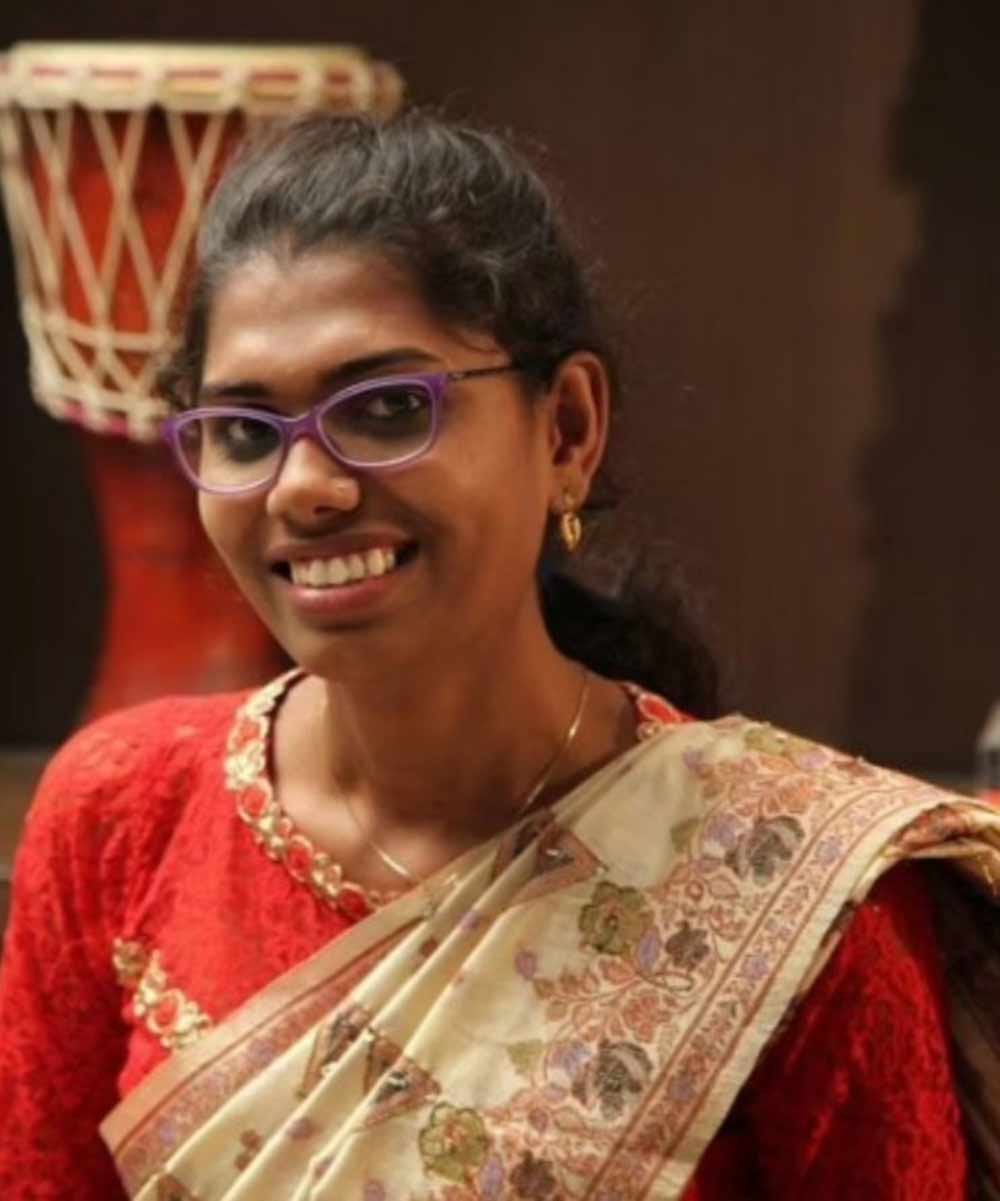
Grace Banu
As the country’s first transgender person to be admitted to an engineering college in Tamil Nadu, Grace Banu is no stranger to most. This Dalit activist, who has fought against double obstacles by being both a transperson and a Dalit, has been vocal about her experiences—especially those that prove that untouchability still exists in this country. A staunch supporter of reservations for women, Banu believes that reservations are the only way to help the community overcome the transgenerational negative impact of oppression.
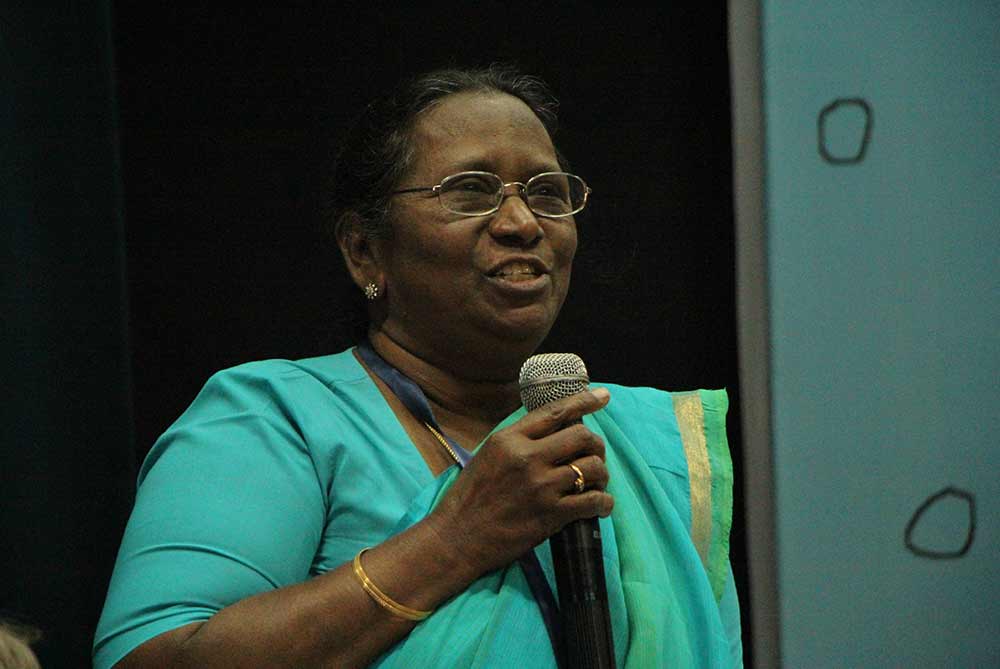
Ruth Manorama
Ruth Manorama has been working for the rights of Dalits for over 40 years now. Her key focus areas are on Dalit women’s rights and the rights of unorganised labourers, a majority of whom are Dalits. Based out of Bengaluru, she has time and again highlighted the plight of Dalit women under the caste hierarchy. She has been a leader for the National Federation of Dalit Women and Women’s Voice. In 2006, Manorama was awarded the Right Livelihood Award for her immense contributions.
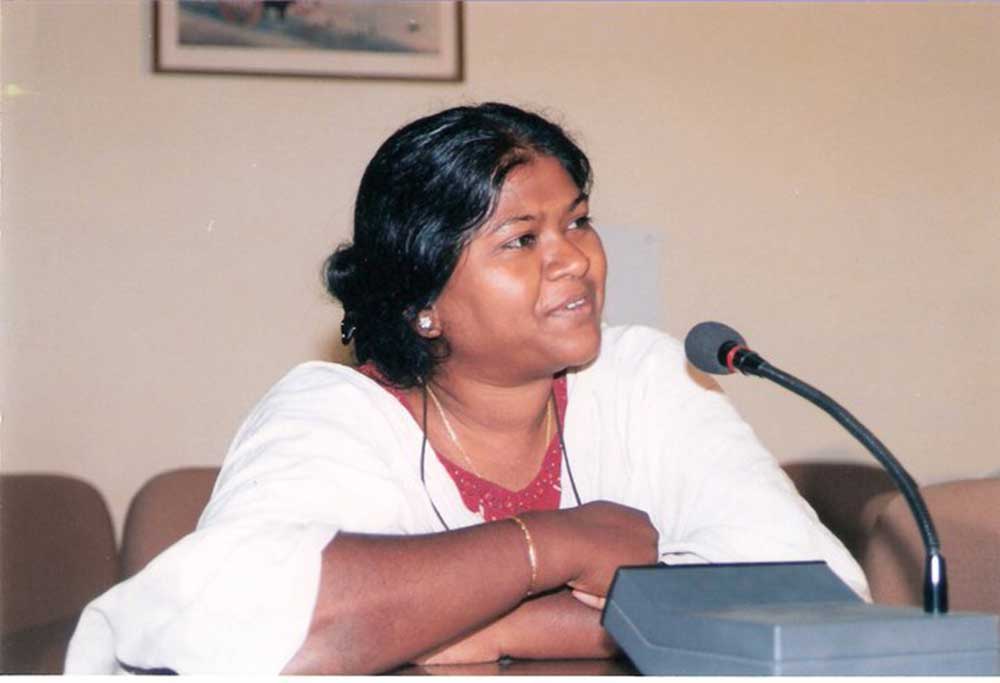
Cynthia Stephen
Working out of Bengaluru, this Dalit rights activist has championed the rights of Dalit women as a researcher and a leader within the Karnataka government. With over 30 years of experience, Stephen’s focus areas are gender, poverty and developmental policy. She believes in affirmative action through policy-making and implementation, and has written extensively on the issues Dalit women face.
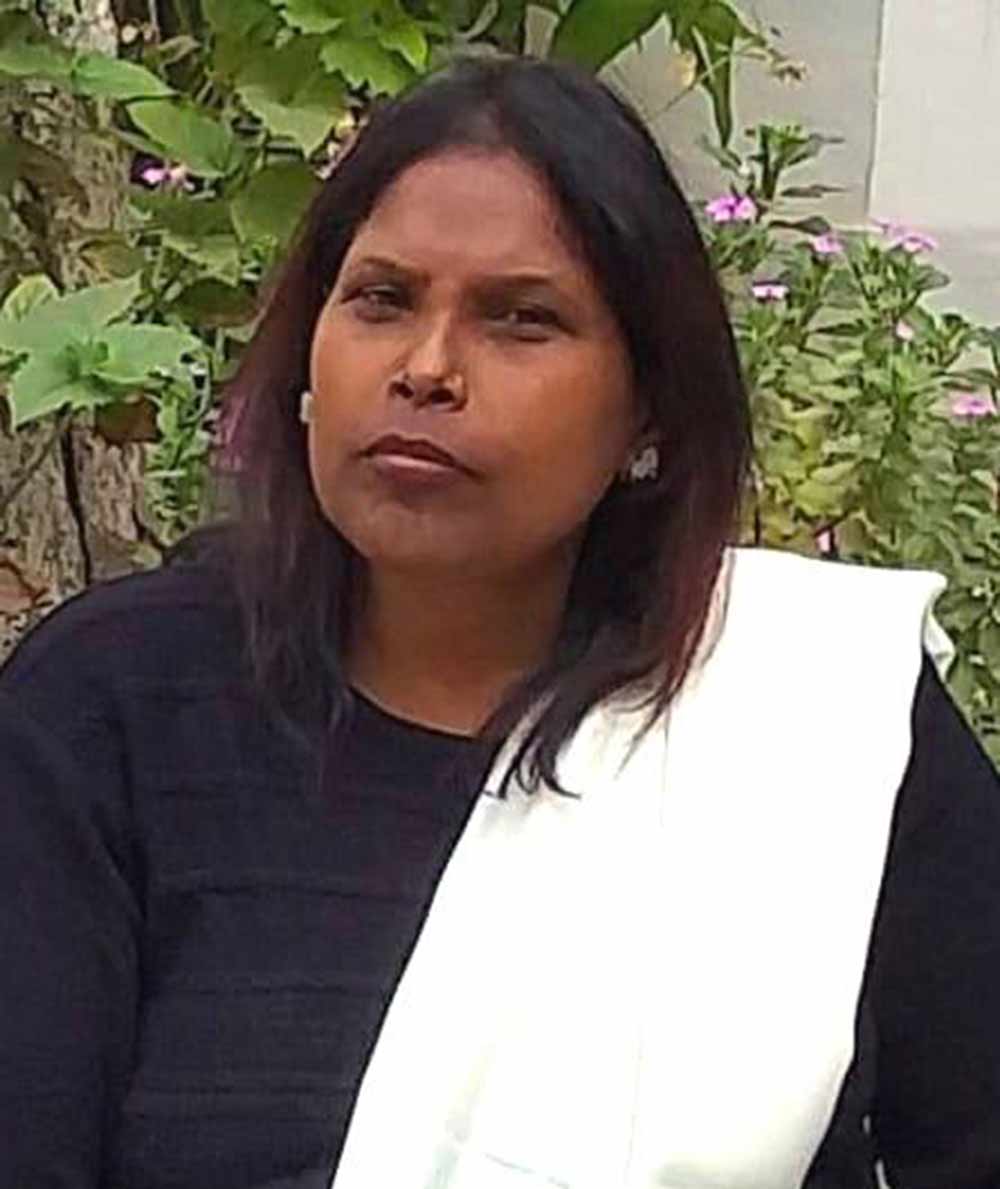
Gauri Kumari
As a lawyer practising in the Munger Civil Court of Bihar for 19 years, Kumari knows the plight of Dalits in the region and the limited access to the justice system they regularly face. To remedy this, Kumari has been mobilising the Dalit women of Bihar so that social justice doesn’t evade them. Her work with the All India Dalit Mahila Adhikar Manch since 2008 has been monumental in galvanising the cause of Dalit rights.
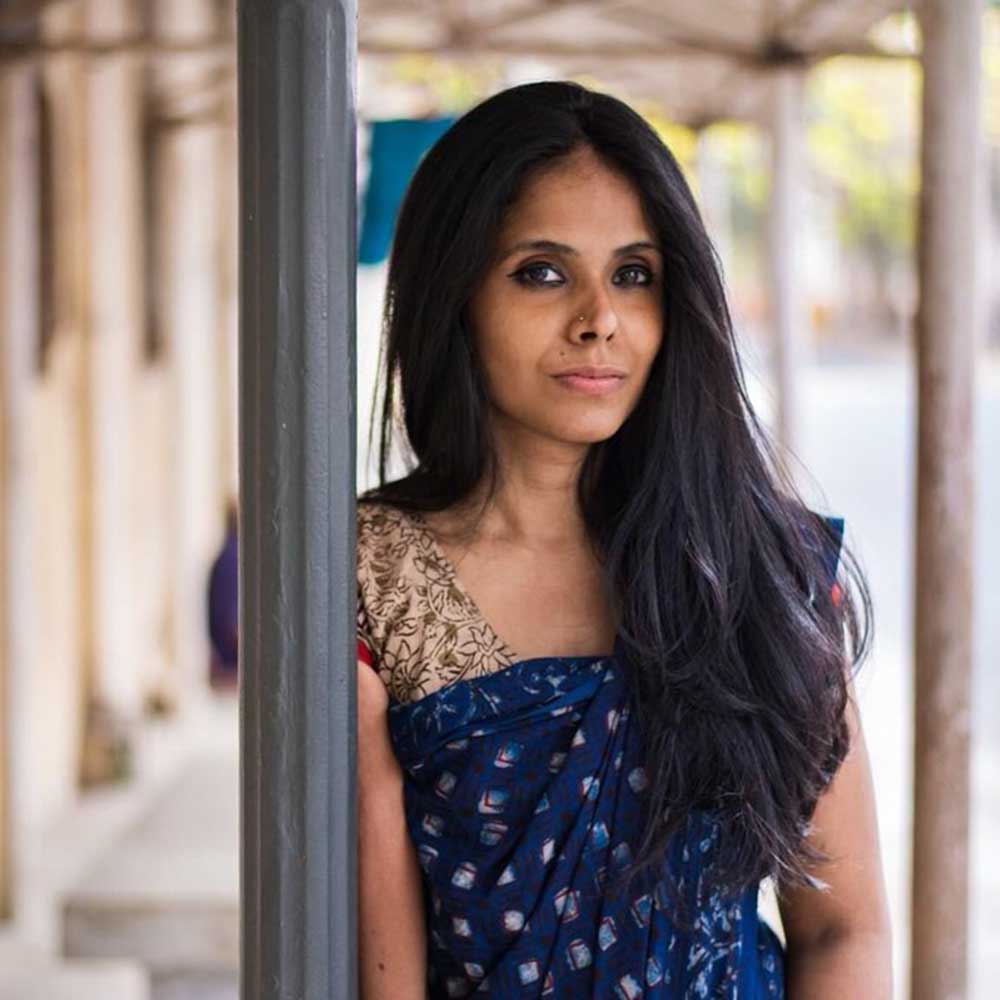
Meena Kandasamy
A poet, columnist, translator and activist, Kandasamy has worked extensively on the condition and intergenerational experiences of Dalits. Her parents, who were involved in the anti-caste movement, inspired Kandasamy to continue their work—and so she did right from her teenage years as the editor of The Dalit, a bimonthly platform. Her poetry collection, Touch, focused on untouchability, casteism and feminism in India. Her other works highlight these experiences of Dalit women as well.
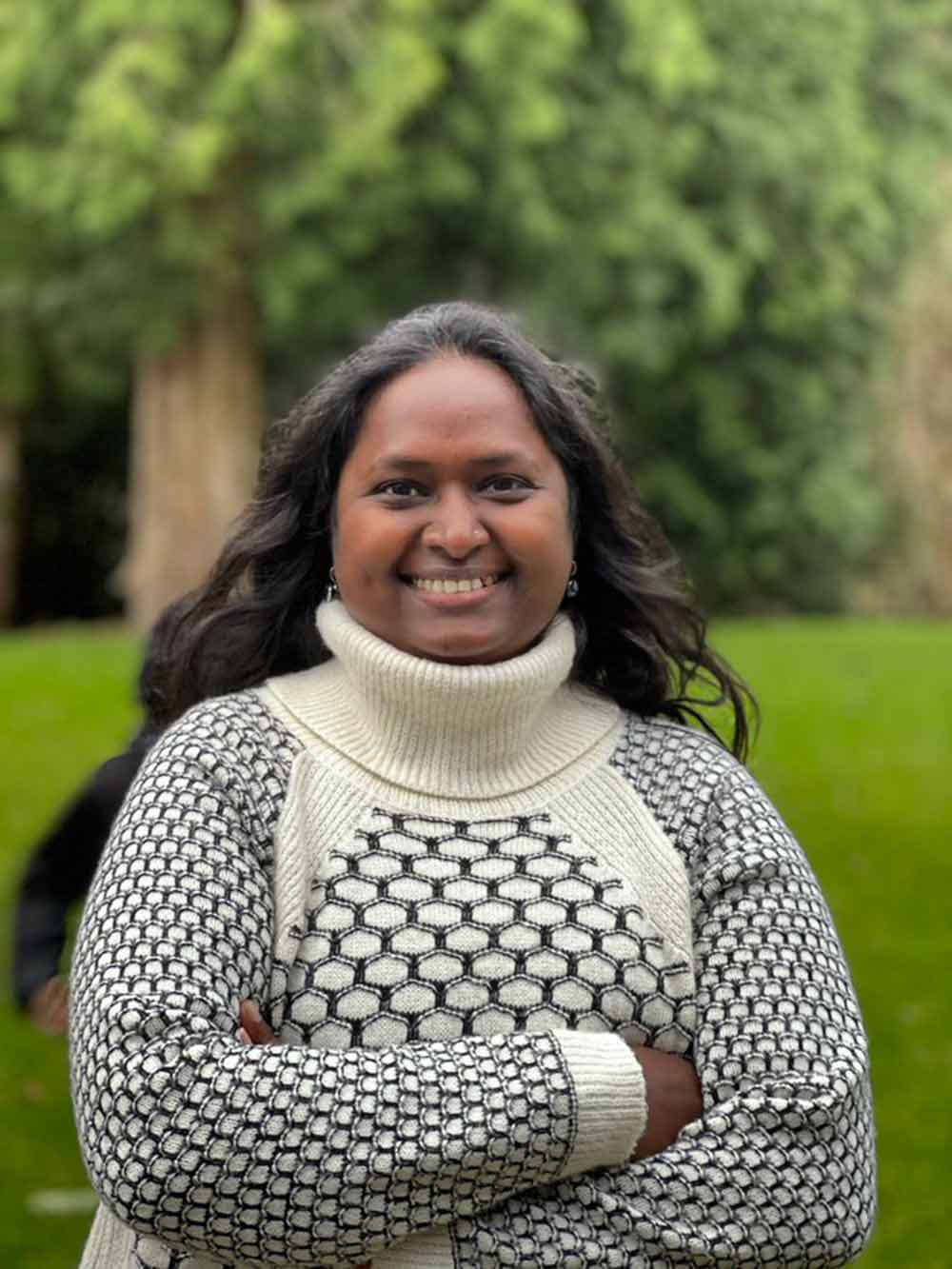
Kiruba Munusamy
An advocate with the Supreme Court of India, Munusamy is a social, political and judicial activist for fighting for the rights of Dalits. Munusamy believes that it’s high time people pass the mic to Dalits, especially Dalit women, instead of the movement still focusing on mainstream and upper-caste voices that haven’t experienced the discriminations Dalits have over generations. Calling it “an anti-status quo revolutionary movement”, Munusamy also believes in standing up for other marginalised communities.
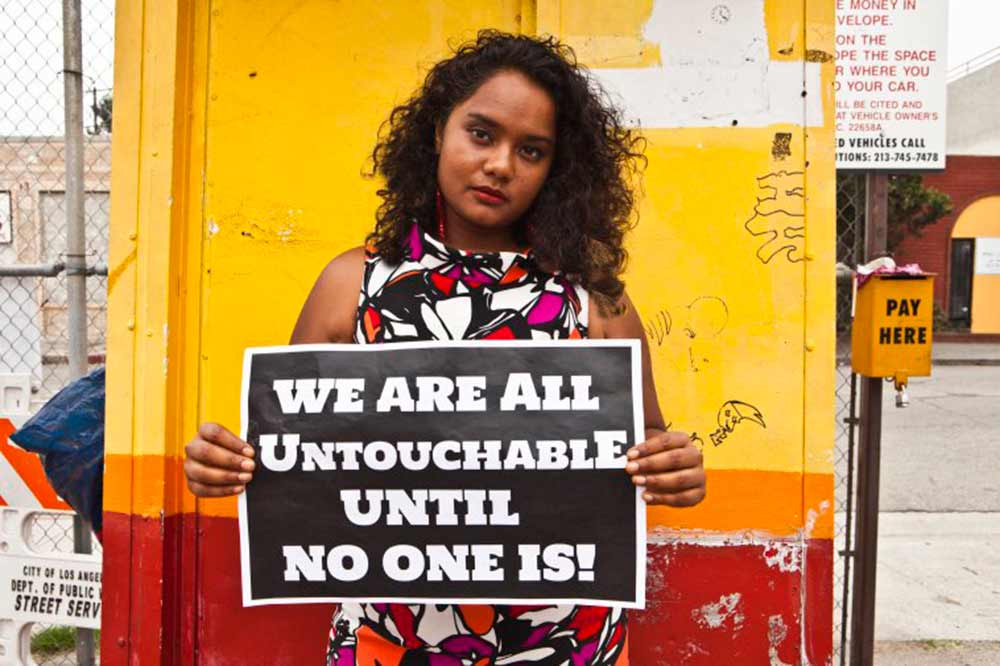
Thenmozhi Soundararajan
Based out of the US, this Dalit woman highlights an oft-overlooked aspect of discrimination—the caste system and the discrimination against Dalits has also made their way to every nation where Indians live, including the US. As a songwriter, hip-hop musician and technologist, Soundararajan knows all about this discrimination and highlights it through her works. Her transmedia project called #DalitWomenFight and Equality Labs, an Ambedkarite organisation, are all efforts at calling out the discrimination against Dalits worldwide.
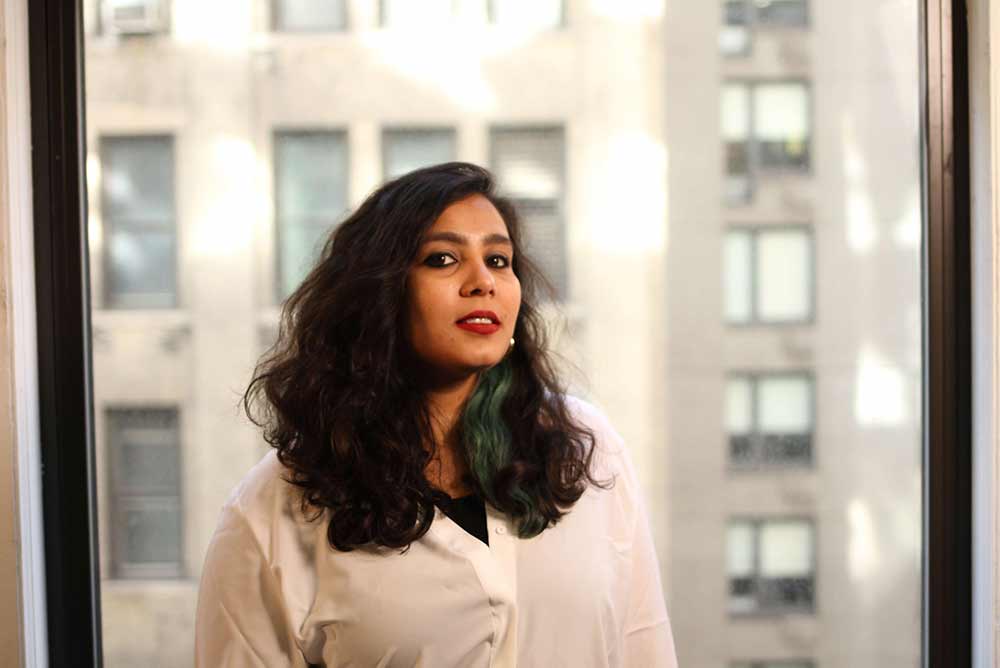
Yashica Dutt
As a writer and journalist with working experience at many esteemed publications, Dutt’s works are nuanced and bring out the urgency of addressing Dalit rights and equality. Her book, Coming Out As Dalit, is based around highlighting the plight that even younger men and women from the community feel, the shame and obstacles they face, and the pride she believes they should exhibit instead. A proponent of women’s rights, Dutt also promotes the rights of Dalit women.
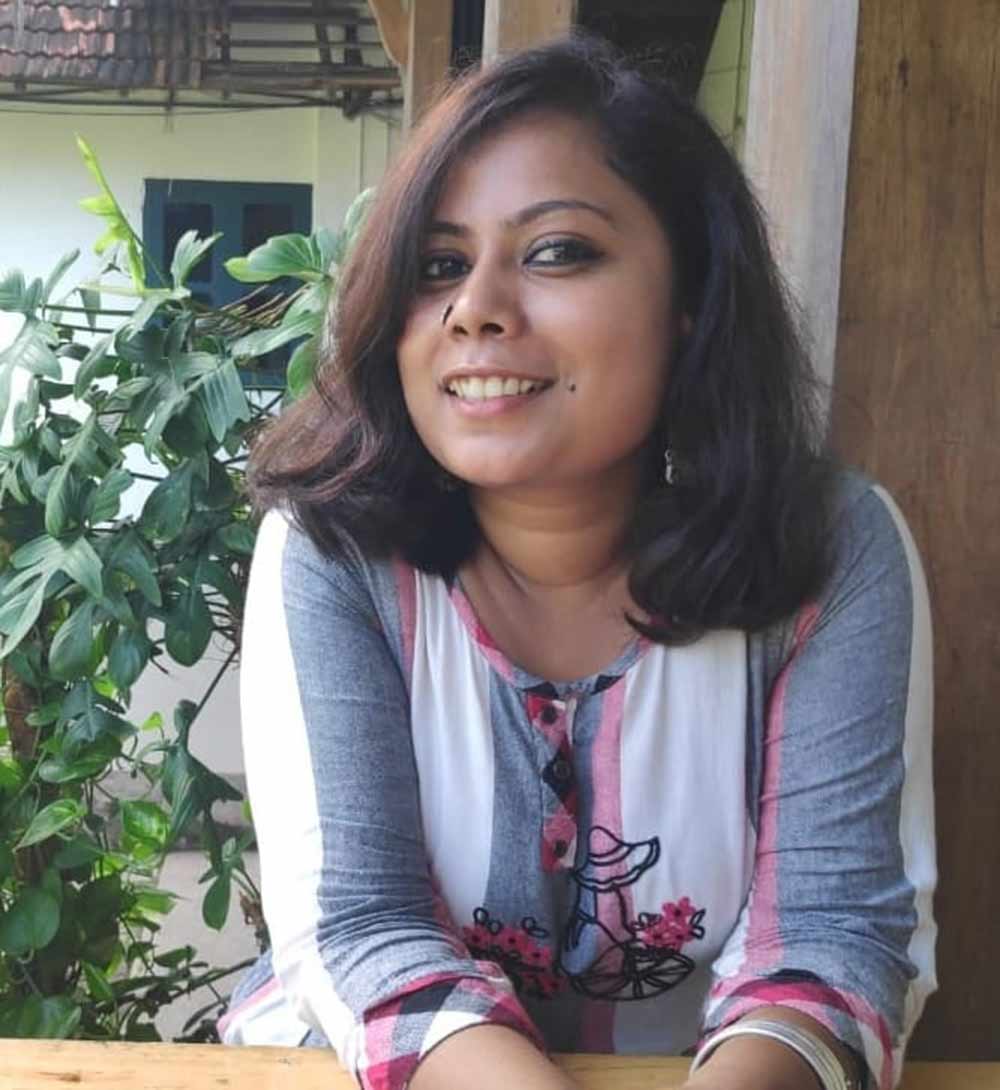
Vijayashanthi Murthy
Based out of Bengaluru, where she is an Assistant professor at St. Joseph’s College, Murthy plays an active role in sensitising college students about the atrocities the Dalit community has faced, the discriminations it continues to face, and the steps that everyone can take to right this immense wrong. As an educator, Murthy believes and practices the idea that awareness is key, and keeps her classrooms open spaces for discussions regarding caste issues and Dalit oppression.